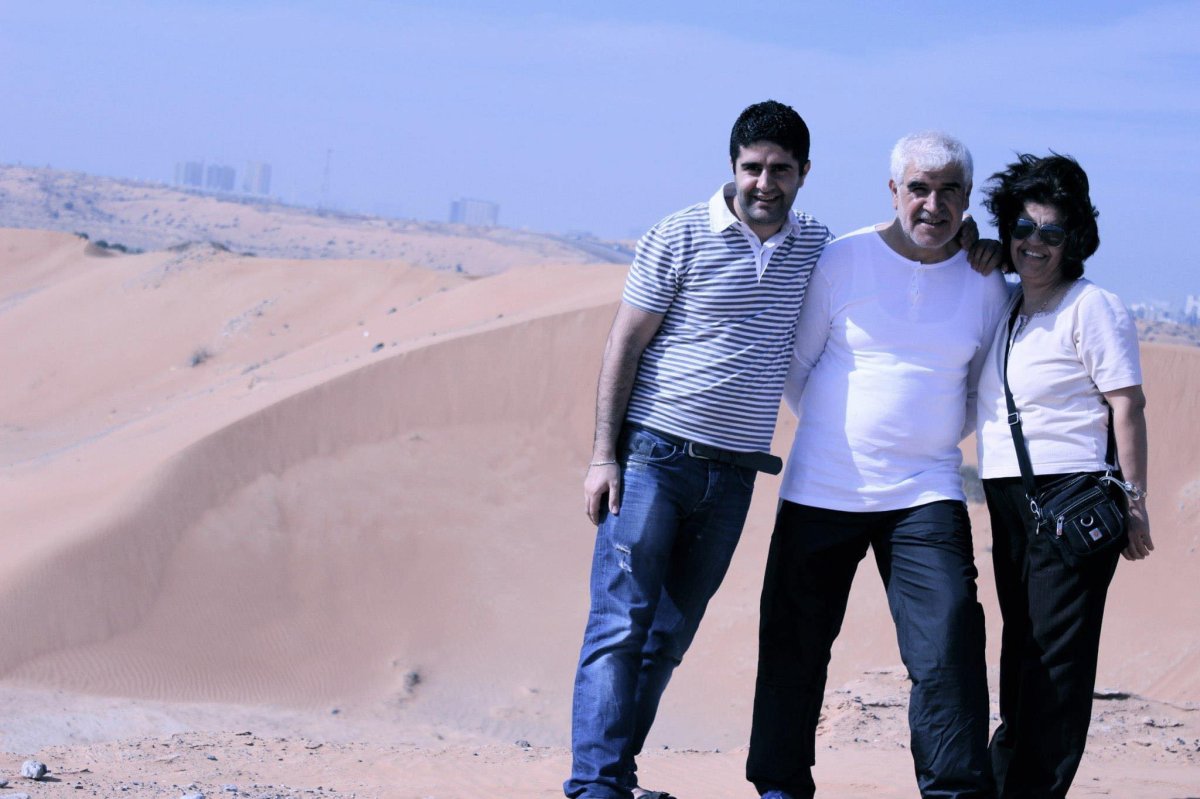Quebec’s Lebanese community says it is in constant worry over family members back home as the country deals with its worst economic crisis in its modern history.

“The Lebanese diaspora in Montreal is doing everything it can to help — sending money, donating to local organizations, even trying to send over medication to their family members who are ill,” said Lamia Charlebois, who runs social media group Libanais de Montréal.
Charlebois, whose family is in Beirut and its suburbs, said her heart breaks to see the Lebanese people lose everything. “People who have saved all their life for retirement have lost all their savings, all their money from the bank.”
Leaders across the world have been pressuring Lebanese President Michel Aoun, acting Prime Minister Saad Hariri and parliament speaker Nabih Berri to form a government and end the seven-month political deadlock that has lead to the country’s current economic crisis — a situation exacerbated by the COVID-19 pandemic.
The political deadlock has undermined a French initiative led by President Emmanuel Macron for a Lebanese government of independent specialists to enact reforms meant to extract the country from its financial crisis.
This comes as Lebanon experienced the catastrophic Beirut blast last summer, which left the country asking the international community for support in rebuilding its economy and destroyed port.
Tens of thousands of people have since lost their jobs and the local currency has lost 90 per cent of its value against the dollar. This has led to inflation and shortages of food products and medicines.
- Posters promoting ‘Steal From Loblaws Day’ are circulating. How did we get here?
- Video shows Ontario police sharing Trudeau’s location with protester, investigation launched
- Canadian food banks are on the brink: ‘This is not a sustainable situation’
- Solar eclipse eye damage: More than 160 cases reported in Ontario, Quebec
According to the World Bank, more than half the population is currently living under the poverty line.
“My sister has a one-month-old girl. She is worried that if she stops breastfeeding she won’t find formula for her baby,” said Sam Faissal, who’s been in Quebec for three years. His family lives in Aley, Lebanon’s fourth largest city.
Faissal said his father’s life savings have been blocked by the bank. His father was planning his retirement.
“They can barely afford their mandatory expenses, which are all very expensive now.” He added that he not only worries about his parents’ finances, but for their health. He said they are both in their 60s and haven’t yet been able to access the COVID-19 vaccine.
Lebanon, a small nation of 6 million people, has so far recorded over 455,380 COVID-19 infections since the beginning of the pandemic and over 6,000 deaths.
Montreal-area resident Aba Nassif told Global News she does her best to help her family back in Beirut grapple with the financial emergency by wiring them money. “It’s tough. No jobs, no future,” she said.
Officials say Lebanon’s unemployment rate is at a record high as the country’s economy shrinks and businesses close.
Nassif said everyone she knows back home is trying to leave, but can’t because their assets are inaccessible.
READ MORE: 1 month after deadly explosion, recovery too heavy to bear for Lebanese
Charlebois said she sees people in the Libanais de Montréal group discuss daily how to urgently send their family money and medication that is either in short supply or no longer affordable — which is something that Health Canada does not permit.
Louis Simion, who has been in Quebec since 2013, said his brother-in-law in Beirut got quality COVID-19 care “through connections” after contracting the virus. Simion said he is “in constant worry” over his widowed mother in Beirut who he financially supports from Montreal.
He said his family is currently trying to immigrate to Canada.











Comments